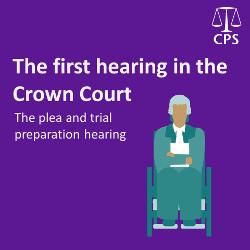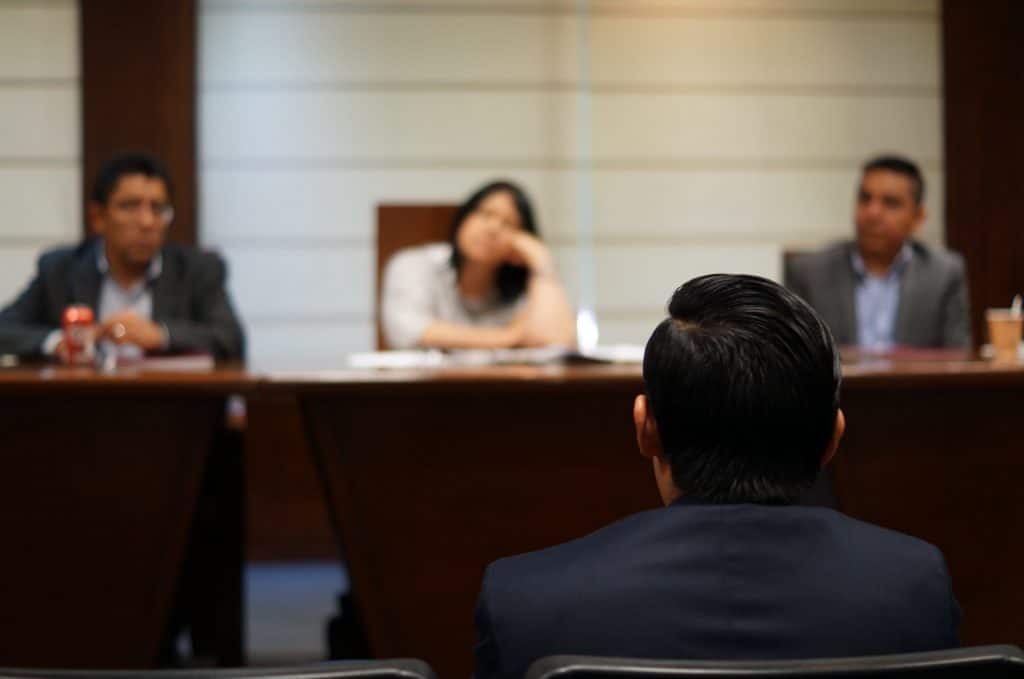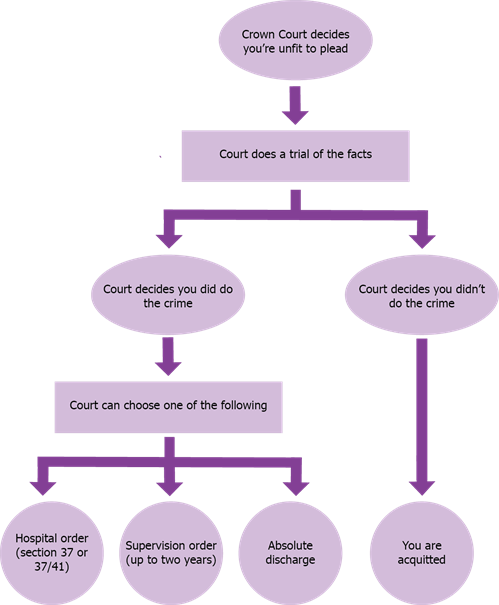how does a crown court work
Crown Court is where the most serious offences are heard and these can include either way or indictable only offences. An introduction to the Crown Court the different roles within it and how a trial at the court worksTo find out more about studying Law Criminology or Fore.

Central Criminal Court Of England And Wales The Old Bailey Court No 1 Wales England Criminal Wales
If you plead not guilty at the plea and trial preparation hearing the trial will be set to take place in front of a judge and jury in Crown Court.

. If youre facing a criminal. Normally has a jury - which decides if youre guilty or not. Either way offences those that can be heard by either court but where the defendant opts to have the case heard in.
The Crown Court can impose maximum penalties of a potentially unlimited fine that is there is no upper limit to the amount the court can ask or life imprisonment. The Crown Prosecutor will present their case to the court by calling witnesses and examining them directly while they are under oath. The Crown Court will deal with more serious criminal cases including.
Following Allocation to the Crown Court. Midland and Oxford Birmingham. This class covers the most serious offences such as treason and murder.
What is the Crown Court. A Crown Court will either hear appeals form Magistrates Courts sentence criminals from magistrates or hold trials themselves. Those which can only be heard by the Crown Court.
The judge decides questions of law sums up the case to the jury and sentences or discharges the accused. The law presumes an accused person is innocent until proved guilty beyond reasonable doubt by the prosecution. Your legal adviser should instruct a barrister counsel to draft the indictment a copy of which you should receive and check for accuracy.
This class includes offences such. When a crime is committed. Appeals from the Crown Court will go to the High Court and potentially to the Court of Appeal or even the Supreme Court.
As well as mentoring support the website provides loads of fun and fascinating resources about university careers. Has a judge - who decides what sentence you get. Southeastern with London as the administrative centre.
Your solicitor if you have one can explain what happens in court. The Crown Court deals with the most serious criminal cases such as murder and rape. Unlike a Magistrates court a crown court normally has a jury which decides if.
Bright Knowledge is here to help you work out what you want to achieve and how you can get there. Proceedings are heard in a courtroom at the local magistrates court generally before three magistrates. The first witness will be called sworn in or affirmed and then the direct examination would commence with.
Crown prosecutors mustin a timely fashionprovide disclosure the reasons for the charge and the evidence against the accused to the accused so that the accused can fully respond to the charges against them. The judges who normally sit in the Crown Court are High Court judges circuit judges and recorders. The accuseds lawyers defence counsel and Crown prosecutors are equal contributors and advocates of justice Crown prosecutors cannot.
Then if youre found guilty a judge decides what sentence you are given. The Crown Court hears trials on indictment as well as sentencings and appeals from the magistrates courts. If they call your panel number reply yes and go to the jury box in the courtroom.
Civil cases will sometimes be dealt with by magistrates but may well go to a county court. Confiscation proceedings are heard in the Crown Court after a person has been convicted of a crime which involves either financial gain an attempt to gain financially or the laundering of. There are six court circuits.
Collins Dictionary of Law WJ. Summary offences dealt with here include drink. It deals with serious criminal cases which include.
If the defendant is found guilty the judge will decide the length of the sentence. This is the area where jurors sit during the trial. The Crown Court includes a jury of 12 members of the public who decide whether youre guilty or not guilty.
More nurturer than judicial referee. The remainder are dealt with by Circuit judges and Recorders although Recorders will normally handle less serious work than circuit judges. When selected you must either be sworn or affirmed before you become a juror.
Cases referred to them for trial by a Magistrates Court because the offence is indictable. Because of the nature of their dealings magistrates courts are limited in the kinds of sentences and the sort of offence they deal with. The most serious cases treason murder rape etc are allocated to High Court judges and senior circuit judges.
Unlike the lower courts the person who makes a decision about matters of fact in the Crown Court is a panel of twelve randomly selected members of the public sitting as a jury. Wales and Chester with Cardiff as the centre. The Crown Court unlike the magistrates courts it is a single entity sits in 71 court centres across England and Wales.
Circuit judges also sit in the County Court. Recorders are barristers or solicitorsin private practice who sit part-time as judges. Cases a magistrates court deals with.
A Crown Court will either hear appeals form Magistrates Courts sentence criminals from magistrates or hold trials themselves. Once all evidence has been heard the jury will make their decision and the judge will designate the. At the start of the trial the court clerk randomly selects jury panel numbers.
Again appeals will go to the High Court and then to the Court of Appeal although to different divisions of those courts. The Crown Court must receive the indictment from you within 28 days of the sending of the case unless an extension of time has been granted. The Crown Court breaks down offences into three classes depending on the seriousness of the crime.
Crown Court is where the most serious offences are heard and these can include either way or indictable only offences. Brightside Online Mentoring puts young people in touch with mentors who can help them with their education and career options. It hears appeals where the judge sits with magistrates.
All criminal cases will begin in the magistrates court and only a small percentage of the most serious ones will be referred to the higher Crown Court. The court located around England and Wales where serious crimes are tried by a judge with a jury. The tribunals system has its own structure for.
A magistrates court normally handles cases known as summary offences for example. Court security staff will guide you. Cases sent for trial by magistrates courts because the offences are indictable only ie.

Lancaster Crown Court The Oldest Working Courtroom In Britain Old Things Lancashire Courtroom

Crown Court British Law Britannica

Crown Court British Law Britannica

Court Process In The Magistrates Court Victims Of Crime Victoria

The First Hearing In The Crown Court The Plea And Trial Preparation Hearing The Crown Prosecution Service

Crown Court British Law Britannica

What Is The Crown Court And What Type Of Cases Go There

Judicial Authority United Kingdom Legal Research Guide Guides At Georgetown Law Library

Henry Viii The Anglophile Henry Viii Tudor History History

Crown Court Benny Hill Court Hills

Your Countries Courts Skyscrapercity Courtroom Things To Do In London Inns Of Court

Court Process In The Magistrates Court Victims Of Crime Victoria

Criminal Charges Pleading Guilty Or Not Guilty Mind

Pin By L Smith On Court Reporting Court Reporting Court Report

What Is The Crown Court And What Type Of Cases Go There

Law Reports Oxford Law Faculty

Sheffield Crown Court Courtroom 2 South Yorkshire Court Sheffield

